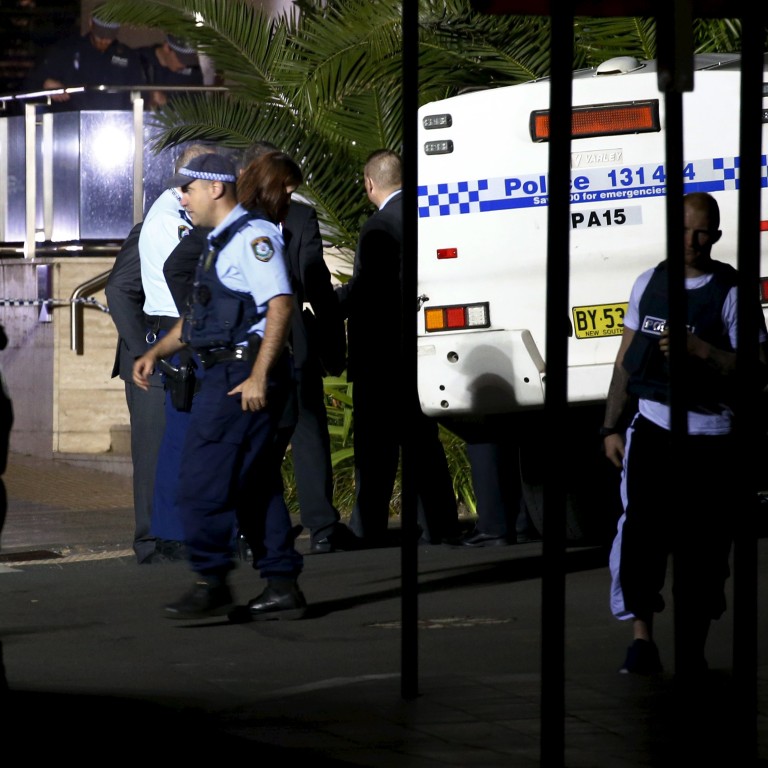
As extremists lure younger recruits, there's a case for schools to play a greater role in the war on terror
The cold-blooded murder of a Sydney police accountant by a 15-year-old Muslim stranger as he left the force's headquarters has prompted debate in Australia about how to maintain internal security while addressing the social and economic exclusion of disaffected youth.
The cold-blooded murder of a Sydney police accountant by a 15-year-old Muslim stranger as he left the force's headquarters has prompted debate in Australia about how to maintain internal security while addressing the social and economic exclusion of disaffected youth. The question has been underlined with counterterrorism raids that resulted in the arrests of four boys and young men, aged 16 to 22, suspected of being involved in planning the killing.
The killer, Iranian-born Farhad Jabar, of Iraqi-Kurdish background, was shot dead by police at the scene. Some of the four suspects picked up were targeted in anti-terrorism raids a year ago which police claimed prevented a beheading plot, and attended the same mosque. Police believe Jabar was recruited by a group of extremists to carry out a terrorist attack because they thought they were under too much surveillance to do it themselves.
The incident has raised concerns about radicalisation of youth alienated by lack of social and economic opportunity and by perceptions of targeting, as police intensify a high terrorist alert. The alert followed the killing of a suspect who stabbed two officers in Melbourne, followed by a siege in Sydney in which an Iranian self-styled cleric and two hostages died.
Prime Minister Malcolm Turnbull rightly says the senseless killing underlines the importance of families and communities being alert to the danger of young people becoming radicalised. But analysts say there is no need for a heavy-handed response, given legal and enforcement measures introduced over the past two years against the risk of unsophisticated terrorist attacks.
With the emergence of such an increasingly youthful extremist profile, there may be pressure to follow Britain's lead and extend the role of schools in identifying warning signs of radicalisation. Since extremist elements have begun recruiting at a vulnerable age, this is worth serious consideration. But it should be debated properly and administered carefully lest it is seen as an example of racist stereotyping.

